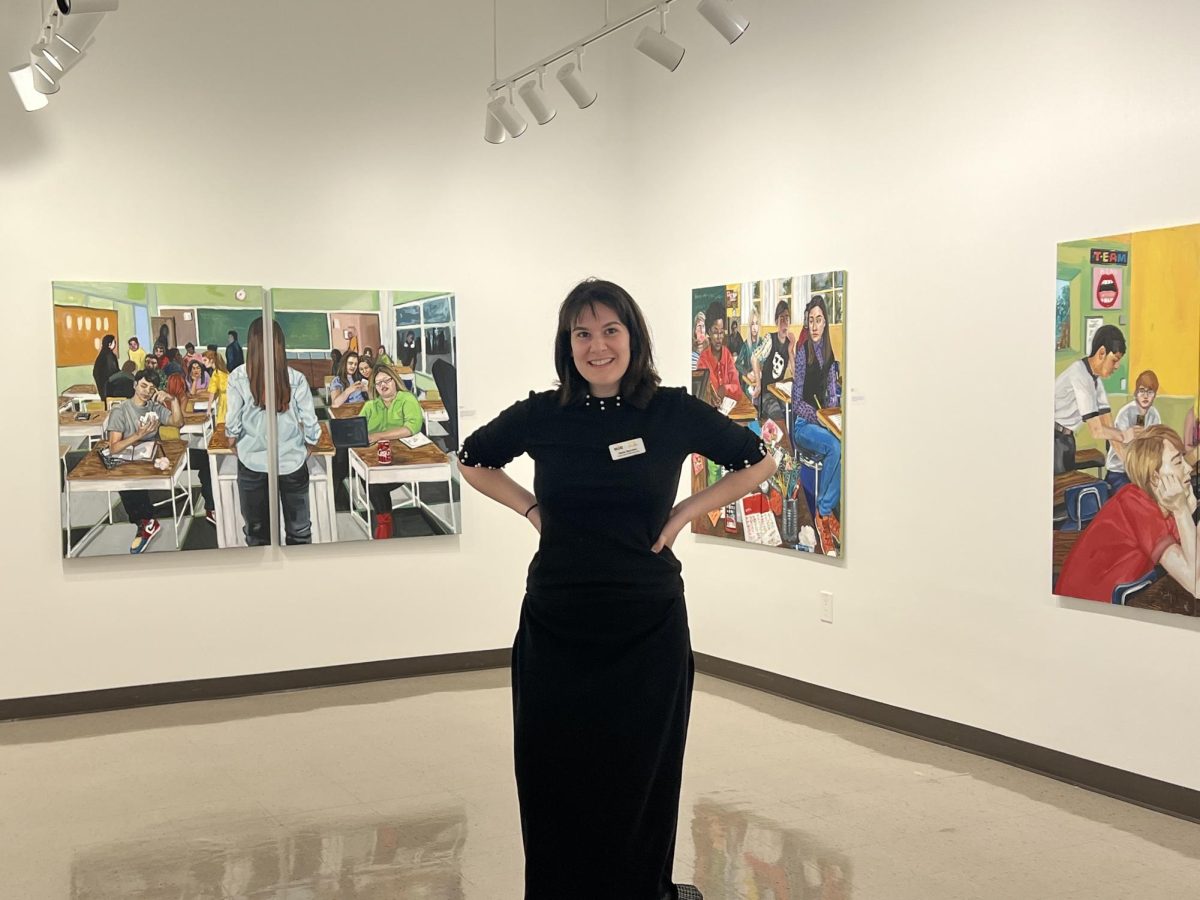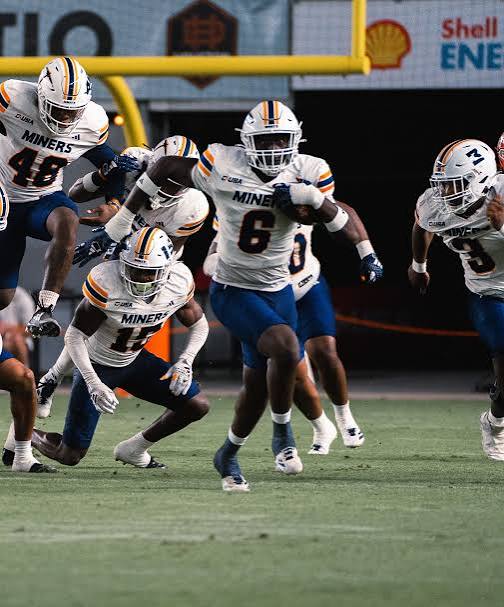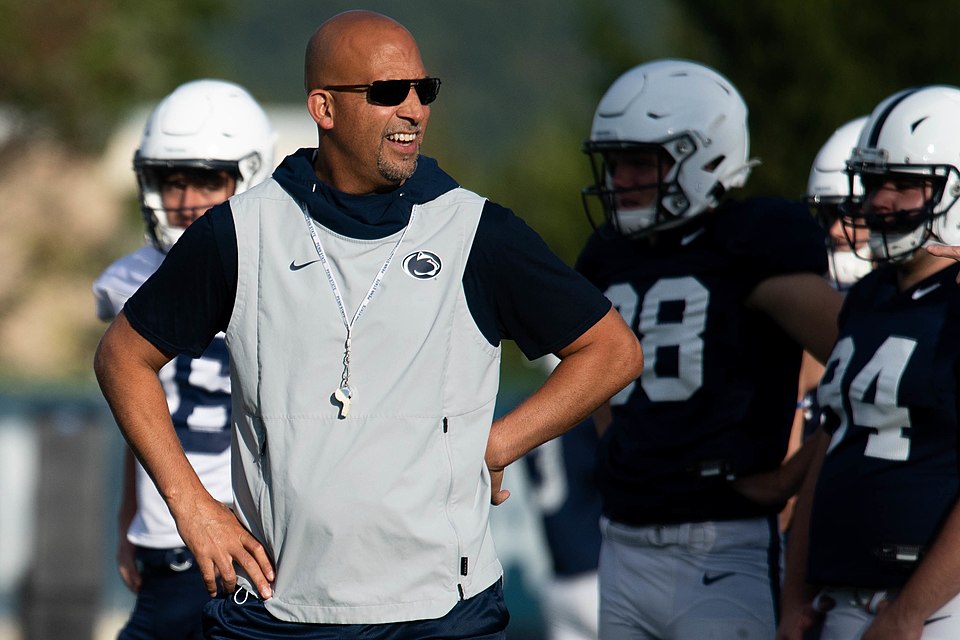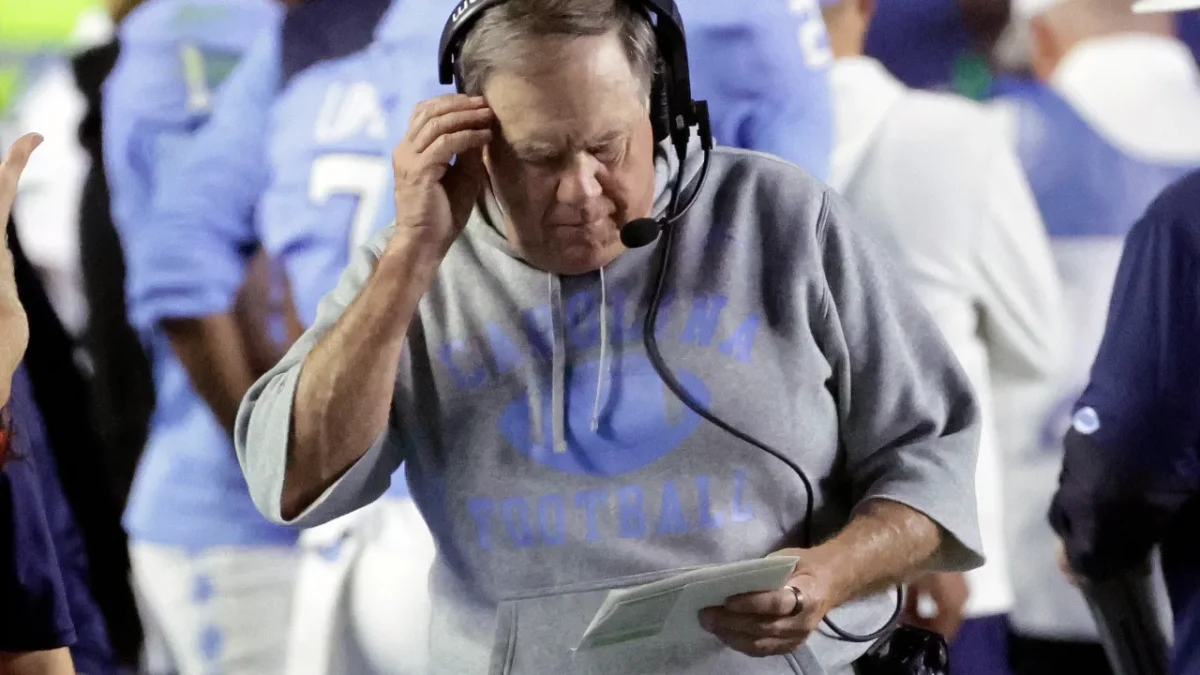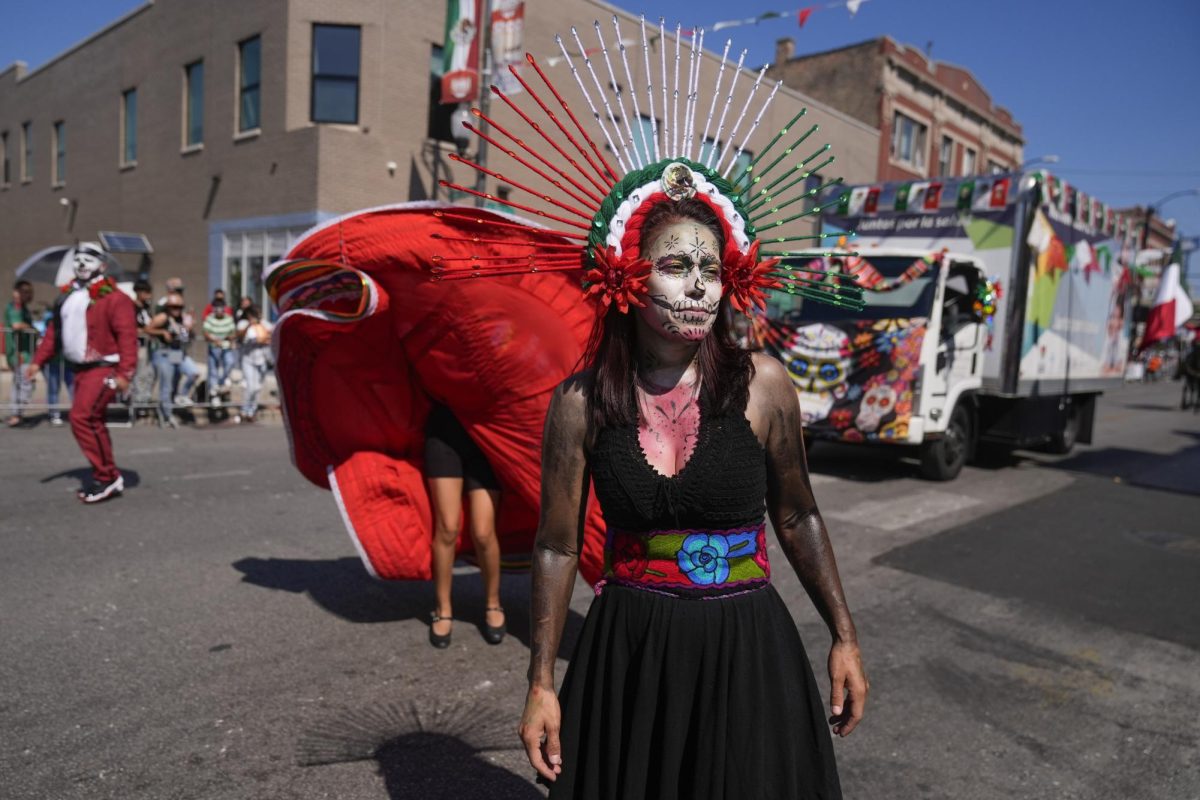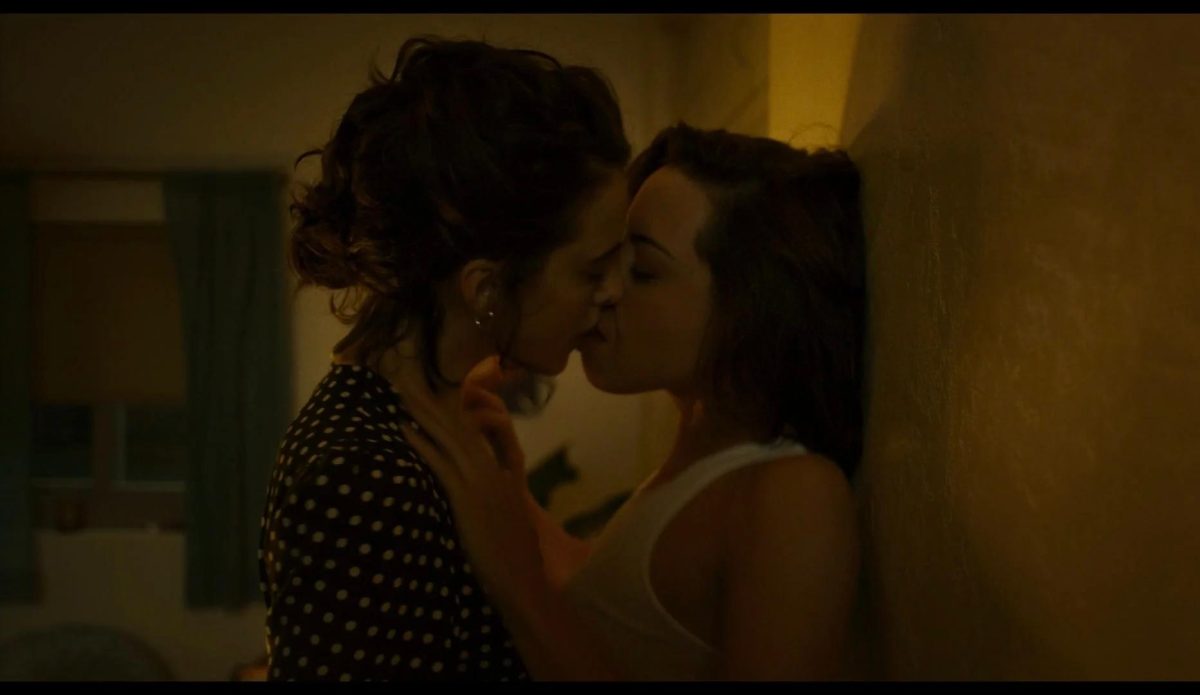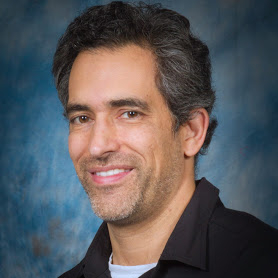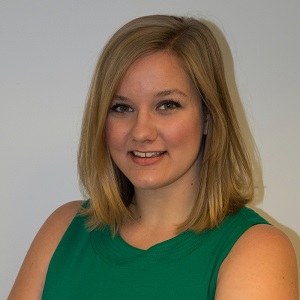Professor-poet recites
February 11, 2016
“Our journey through life can be a tough reality. In my eyes, trying to survive in this cruel world can be a lonely journey. It’s a lonely journey when there are many around you, but you feel alone. It’s a lonely feeling always being the first, the only black in this or that…” With these words, Dr. Jimmy Adams opened his poetry recital honoring Black History Month.
Professor, poet, and Director of the Center of Excellence for Media Arts and Technology at Alief-Hays, Adams recited 17 poems covering his journey through life on Feb. 3 at “The Journey: Reality.” event.
Some works were up-beat, and some were on topics such as suicide, abuse, relationships, music and even going to school. Adams’ poems are an entertaining, performed autobiography of his life and thoughts put to music.
“I was born and raised in the heart of the segregated south: Tuscaloosa, Alabama. So as I reflect on the state of the black experience in America, I am reminded of the struggle I endured and the struggle of those before me in our fight for freedom, justice and equality. I am reminded of one person’s commitment to this struggle that changed the course of history—Dr. Martin Luther King, Jr.” Quoted as Dr. Adams introduced his poem titled, “A Dream Realized.”
Each of the 17 poems were introduced with a short description of the reason and the meaning behind the poem.
Dr. Adams introduced his poem, “Go to School” as, “I’ve been an educator for over 20 years. I have come to the conclusion that a large percentage of students that enter my classroom are not there to get an education. Most are there because they didn’t have anything else to do. Their parents told them to, if they didn’t go they would lose coverage on their parents’ insurance.”
My favorite was the poem titled, “When a Phoenix Rises…” This poem is about how a Phoenix rises without fear. His inspiration and passion motivated me, his articulation captivated me and I took his message to heart.
Adams spoke, recited, sang, rapped and even danced for the audience during his one-hour performance.
His rhapsody is a testimony deeply rooted in the history of the black culture and shows his desire to see change in the world.
Dr. Adams’ goal is to hold this event on a yearly basis and although he was the only performer this year, next year he will be inviting all kinds of artists to express themselves, from poets to musicians the artists and filmmakers—he said are all welcome. Through this event, he will create an endowment to help finance students’ education.








